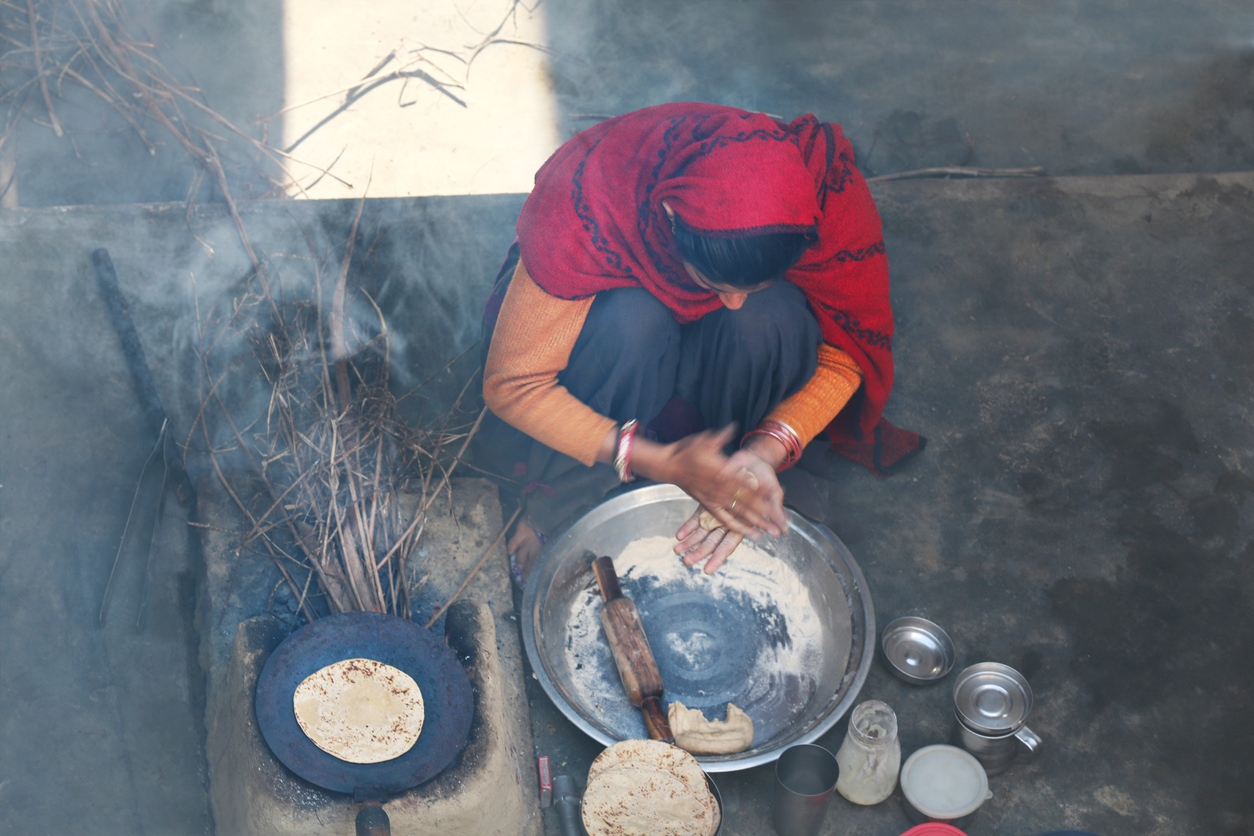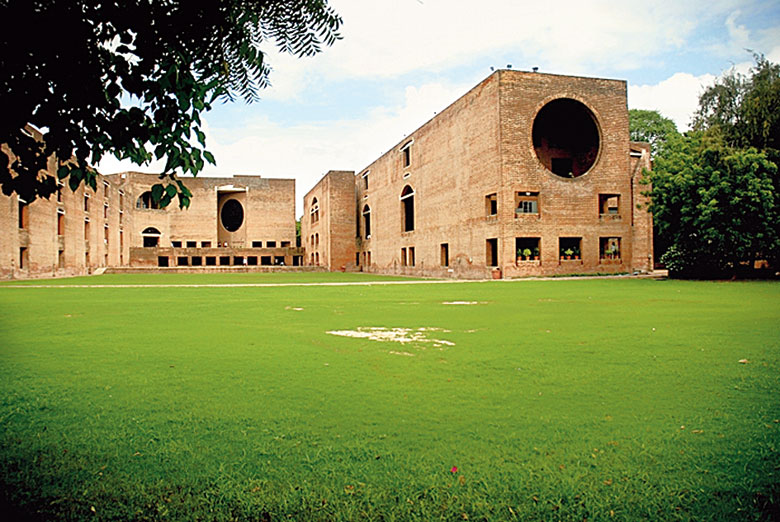The social justice ministry has turned down a Right to Information application that had sought details of the decision-making process on the quota for the economically weak, lengthening the list of issues on which the government has stonewalled queries under the transparency law.
The central ministry cited an exemption clause under the RTI law to deny the details that Venkatesh Nayak, coordinator for the access to information programme at the Commonwealth Human Rights Initiative, had sought on January 23.
This was after the Opposition had given the Narendra Modi government little grief on the economic quota, helping its passage in Parliament within a couple of days.
Among the documents Nayak had sought were the cabinet note and annexures and all correspondence and file notings, and any census/survey/study/research by any commission/committee that had formed the basis for the government’s decision to announce the quota for the poor among the general category.
On January 31, the social justice and empowerment ministry turned down the application citing the exemption clause provided under Section 8(1)(i) of RTI Act, 2005.
According to this exemption provision, the government is not obliged to give any citizen cabinet papers, not even the records of the deliberations of the council of ministers, secretaries and other officers, “provided that the decisions of the council of ministers, the reasons thereof, and the material on the basis of which the decisions were taken shall be made public after decision has been taken, and the matter is complete or over…’’.
Nayak now plans to appeal on the premise that with the enactment of the Constitution (103rd Amendment) Act, the economic quota is “complete or over”.
He further pointed out that the entire legislative process surrounding the EWS quota lacked transparency.
“The Handbook on Writing Cabinet Notes clearly indicates that a draft press note about the Cabinet decision is an essential annexure to the Cabinet Note itself. The lack of a formal press note about the 10 per cent quota proposal after it passed muster with the Union Cabinet is perplexing, to say the least,” Nayak said.
Neither did it comply with the pre-legislative consultation policy adopted in 2014, he said. The 2014 policy says the draft text of all bills have to be placed in the public domain for 30 days to invite people’s views.
The Modi government had similarly stonewalled RTI applications for access to the minutes of the meeting of the high-powered committee that had decided to remove Alok Verma as the CBI chief, and also the meetings of the selection committee for the Lokpal.
The anti-graft ombudsman has not been appointed even five years after the Lokpal law was enacted in 2014.
Prime Minister Modi heads both these committees and the department of personnel and training (DoPT) had taken the plea that the “authorship of such documents” does not vest with the department.
This was despite the fact that the ministry of personnel, public grievances and pensions — of which the DoPT is a part — is one of the ministries the Prime Minister heads.













